Bruce Parry: ‘I Renounced Sex and Alcohol After Encountering Colombia’s Kogi Tribe’
Bruce Parry, a 56-year-old British explorer and advocate for indigenous rights, gained prominence in 2005 with his BBC2 documentary series Tribe, where he immersed himself in the lives of remote indigenous communities worldwide. His subsequent series, Amazon and Arctic, delved deeper into those regions. Parry is also noted for his work as a producer and director, including the documentary Tawai: A Voice from the Forest, which revisits nomadic hunter-gatherers in the Amazon and Borneo. He currently resides in Somerset.
Over the course of the Tribe series, Parry spent time with 18 different tribes, from the Adi in the Himalayas to the Anuta in the South Pacific, each for about a month. Beyond that, he has connected with approximately fifty tribes, albeit some for shorter durations.
The inaugural journey for Tribe was intended to involve the Yanomami in Venezuela; however, when the local fixer led them to a contrived village, they redirected their plans to Gabon, where they met the Babongo. Parry recalls being apprehensive after reading about the hallucinogenic iboga used by the Babongo, noting concerns about its dangerous effects.
Parry’s experience with the Penan people of Borneo was particularly transformative. It marked his first genuine connection with a community that lives in a pre-Neolithic manner, characterized by a unique power dynamic, strong female figures, and a lack of hierarchical authority.
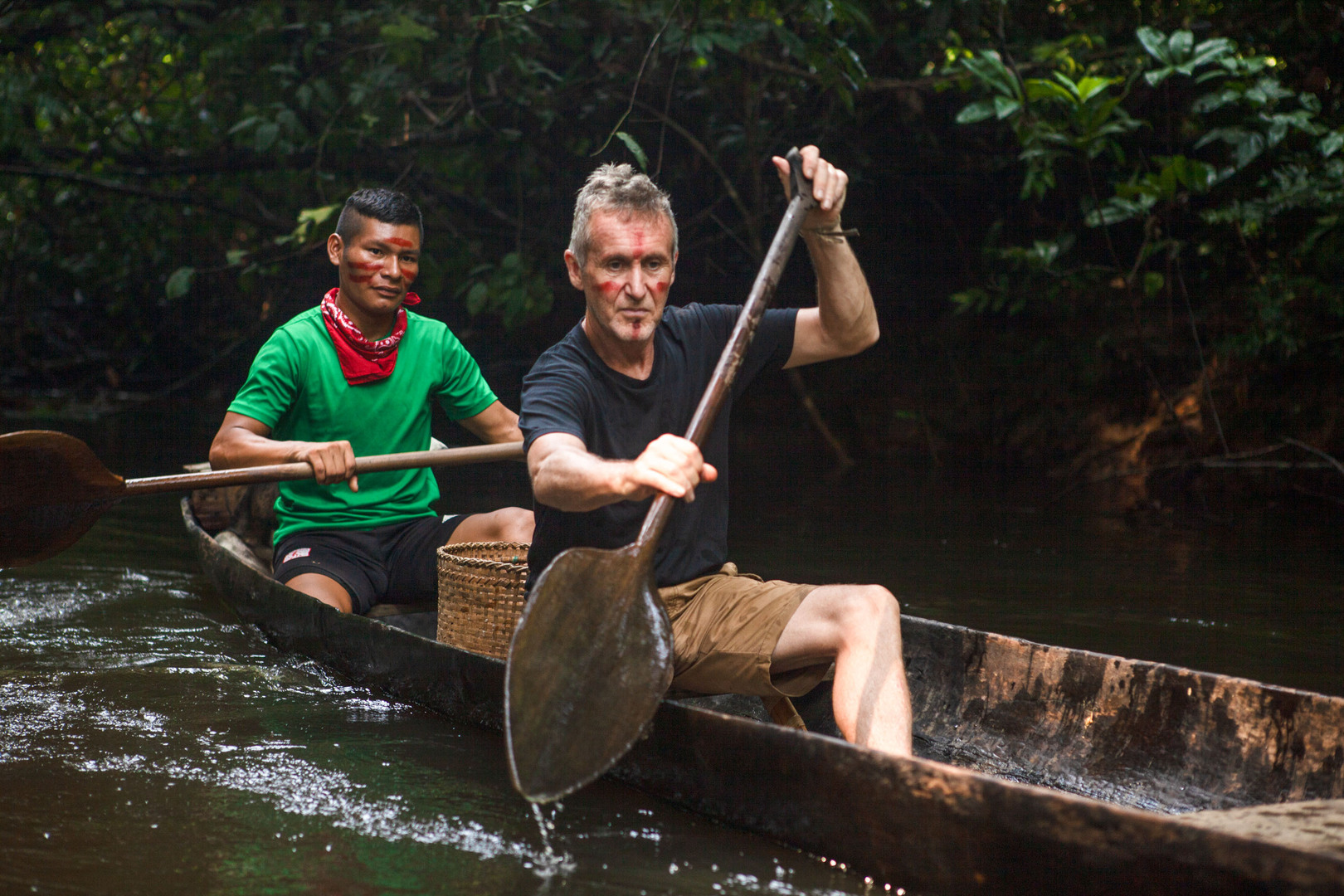
To foster trust and closeness, Parry participates in many rituals and ceremonies they invite him to, although he has declined certain rituals. One notable refusal involved the penis inversion rite with the Kombia in New Guinea, during which he was taken aback by the intensity of the act. He also declined the Mucubal tribe in Angola’s tradition of knocking out one’s bottom teeth, stating, “No f***ing way!”
Parry reflects on the misconceptions surrounding indigenous tribes, noting that while some in New Guinea might lack awareness of outside influences, nearly all other groups he visited had experienced life in towns, understood the concept of money, and had witnessed modern conveniences like television.
Despite facing skepticism regarding his potential influence on these communities, Parry believes that most indigenous groups welcome visitors, viewing it as a mutually enriching exchange. However, he cautions against visiting uncontacted tribes and emphasizes the importance of understanding the complexities of such interactions to avoid unintended consequences. He also points out the existence of groups that fabricate traditional experiences for tourists, returning home to modern amenities.
Having moved frequently due to his father’s military career, Parry grew up across the UK, Germany, and France. When he was 15, the family settled in the picturesque town of Draguignan in Provence, where he and his siblings engaged in adventurous exploits during their free time.
Parry’s journey into exploration began in his early twenties, post-Marines, as he led expeditions in Indonesia for a conservation charity called Trekforce. He described it as the best job he ever had, stating he found joy in working with volunteers on projects involving orangutans, turtles, and other wildlife. His time in Indonesia, marked by adventures and moments of dealing with malaria in remote areas, featured more time spent in hammocks than in beds.
The dawn of Parry’s spiritual exploration came through his interactions with the Kogi people in Colombia. Seeking guidance, he was advised to eliminate addictions, including sex, drugs, and alcohol, which he credits for bringing clarity to his perception.
In the UK, Parry holds a particular affection for Scotland, remarking on its increasing beauty as one travels north. While his parents reside in the borders, he has formed a friendship with a remarkable individual owning a beautiful house on the Isle of Skye. An avid walker, he recently acquired an electric camper van and a bivvy bag for camping excursions, despite his distaste for midges.
The first episode of the latest three-part series of Tribe is set to air on March 30 on BBC2 and iPlayer.
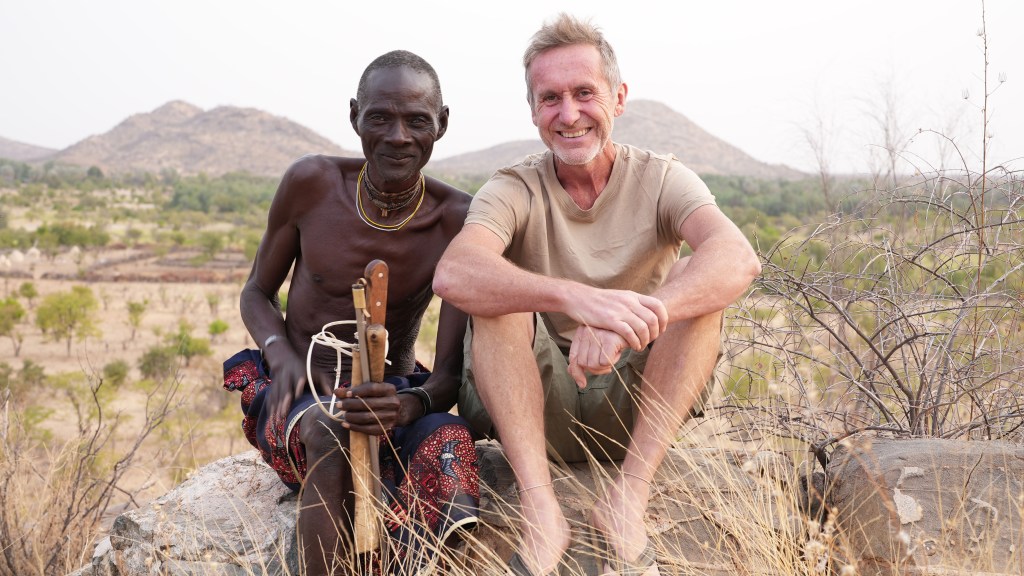
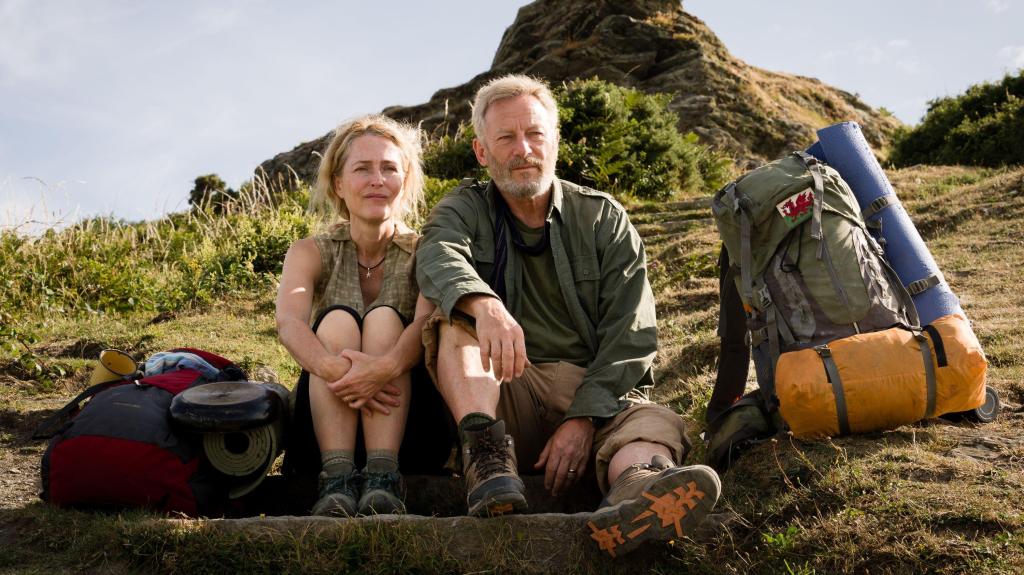
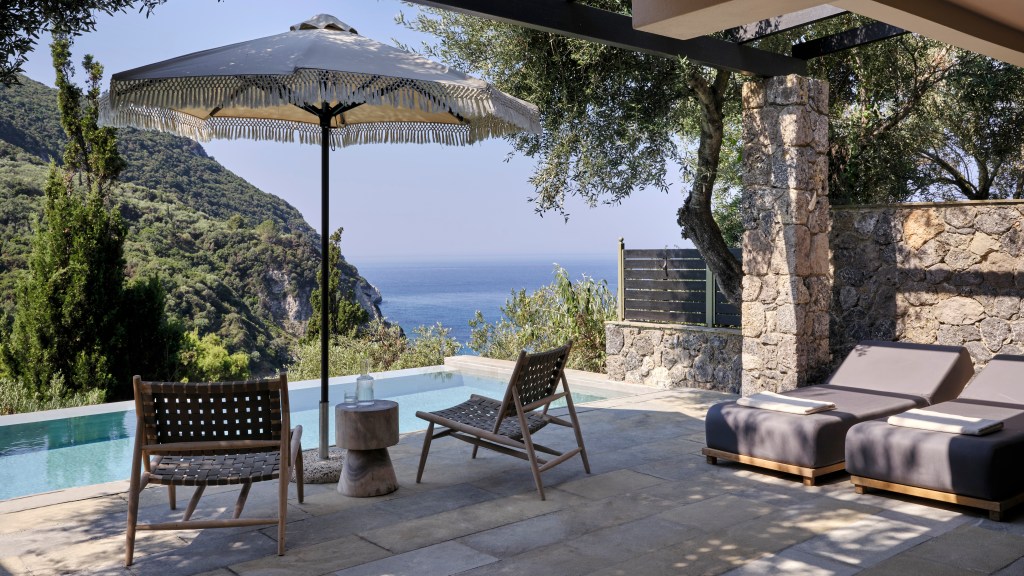
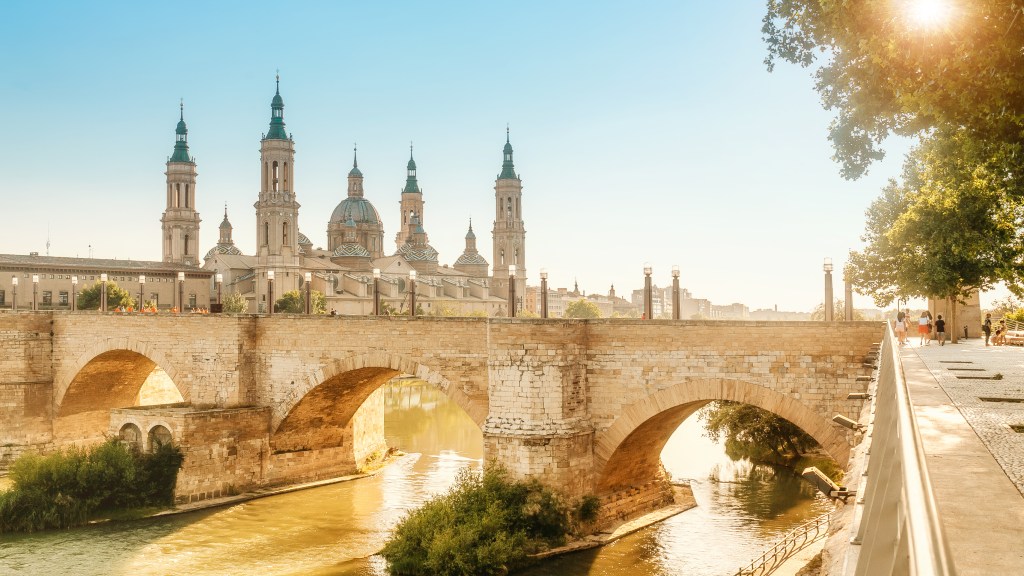
Post Comment